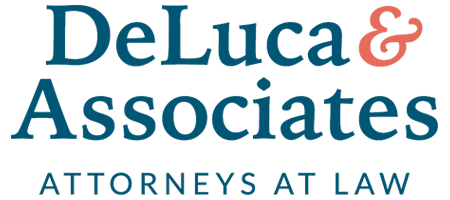A care plan – also known as an advance healthcare directive – discusses what someone expects from medical professionals in the event of an emergency. Crafting an advance medical directive is often a key step in the estate planning process. People can leave very detailed instructions regarding the medical care they would prefer to receive if they become unable to advocate on their own behalf due to incapacitation or cognitive decline.
Some people have very specific standards for the healthcare that they do and do not want to receive. In some ways, a thorough care plan or advance directive can also serve as a means of protecting oneself from medical malpractice.
A plan is only a guide, not a guarantee of proper care
In theory, advance directives and care plans help ensure that healthcare providers align the services that they provide with the requirements and expectations of a specific patient. Particularly when someone has unique medical wishes due to their health history or their faith, providing clear guidance for their family members and for the healthcare professionals treating them can ensure that the care they receive aligns with their needs and personal values.
Unfortunately, doctors and other medical professionals can still become negligent or commit major mistakes when caring for someone who has an advance directive in place. Proper estate planning paperwork might clarify someone’s wishes and empower loved ones to take action on their behalf, but they do not provide any sort of guarantee that medical professionals won’t fail in their obligation to a patient.
Proper planning does make advocacy simpler
Anyone who has tried to speak up in a healthcare setting on behalf of someone else knows how intimidating the process can be. Those who will monitor and guide the care that a vulnerable adult receives are in a position to identify medical malpractice and counter it as early as possible.
Proper estate planning can, therefore, be one of many tools used to guard against medical malpractice. Families can also commit to taking action when deviations from best practices or failures to diagnose or treat someone lead to poor outcomes or a family tragedy. Pursuing a medical malpractice claim can lead to financial compensation and can generate consequences for the healthcare provider or medical facility involved in negligent or otherwise dangerous medical care.
